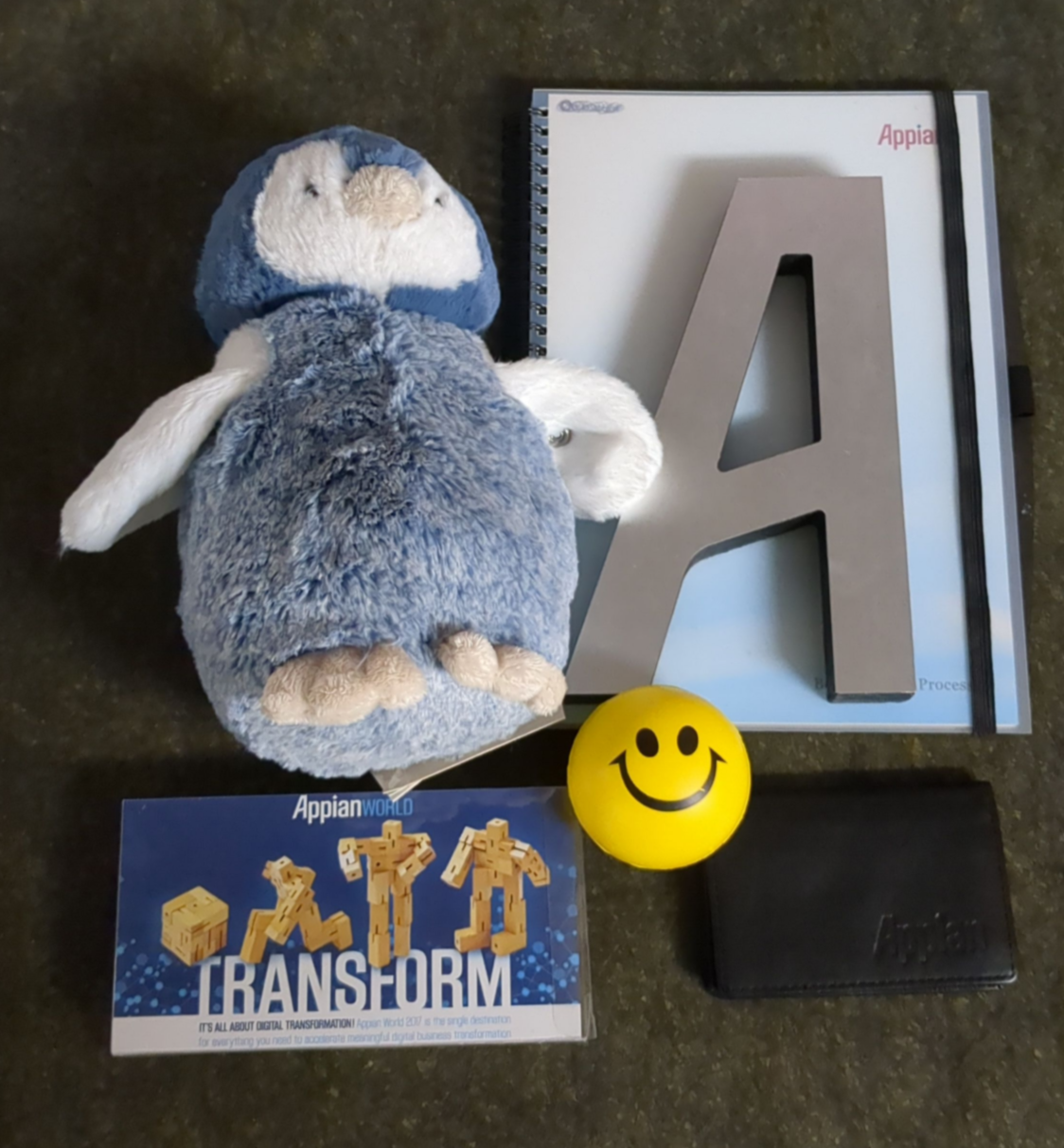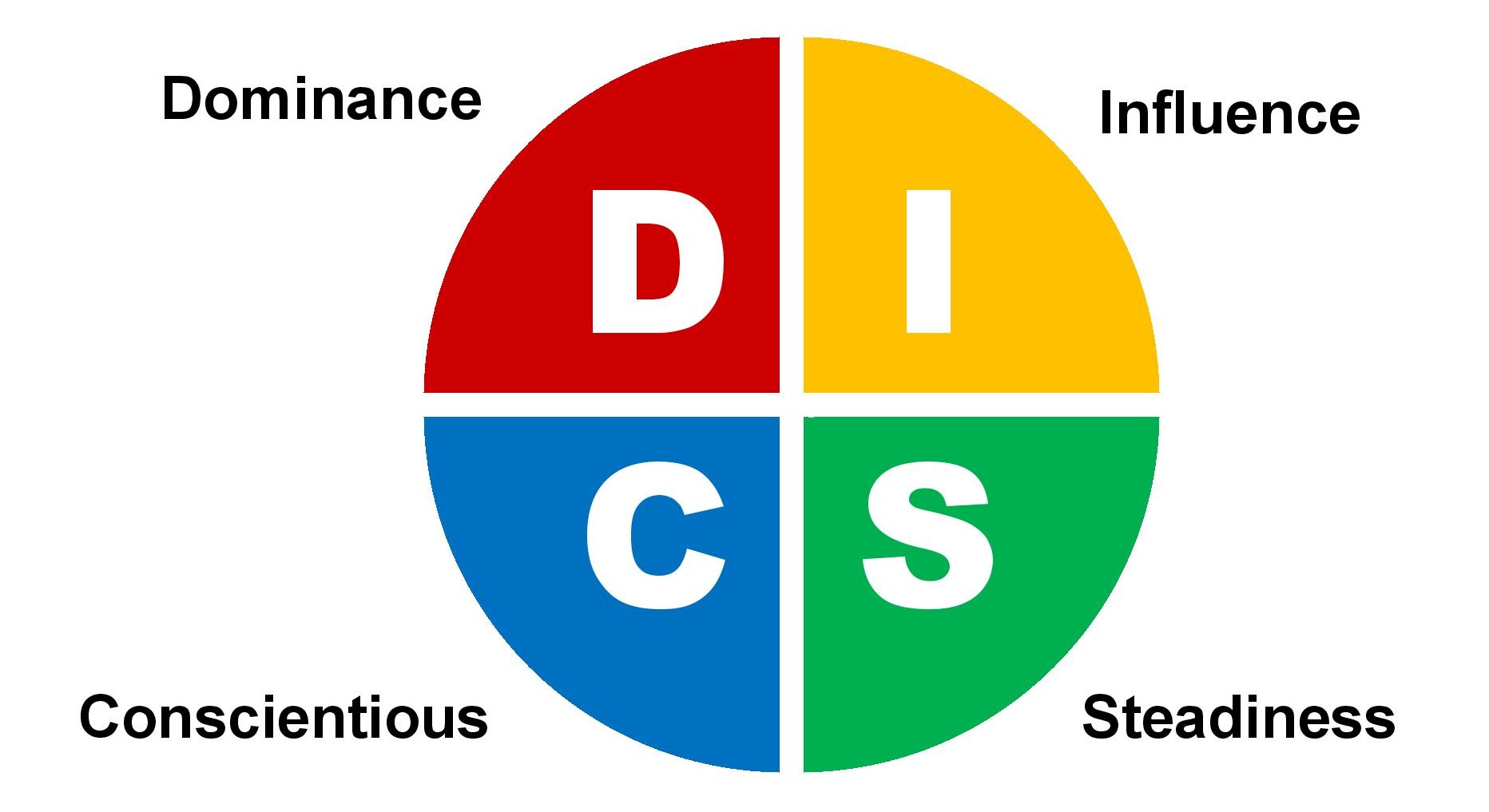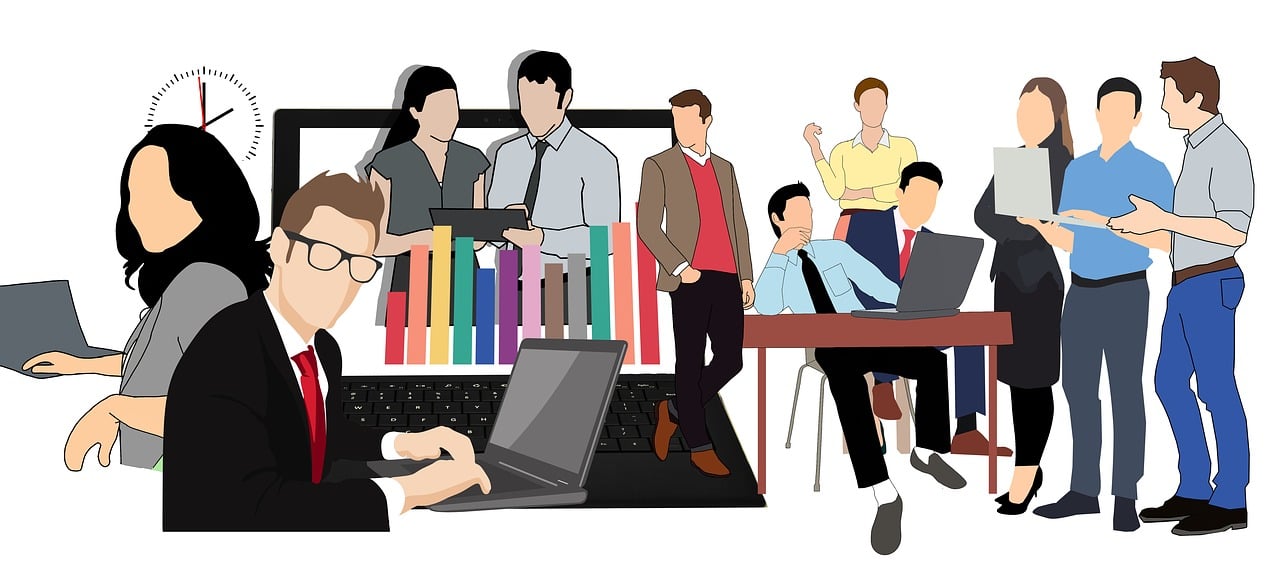Behind the scenes of my final day Appian treasure hunt challenge

At the very end of 2023, I made the tough decision to leave Appian where I’d worked for 21 years. In January, I moved over to Capital One to expand my experience with big data and serverless technologies. Leaving Appian was incredibly emotional since so much of my adulthood was tied up with the company and I had tons of great relationships. So to bring a little levity into my departure, I decided to leave behind a fun challenge for my now ex-colleagues. This is the story of how I challenged my ex-colleagues to compete in a treasure hunt challenge on my last day.



